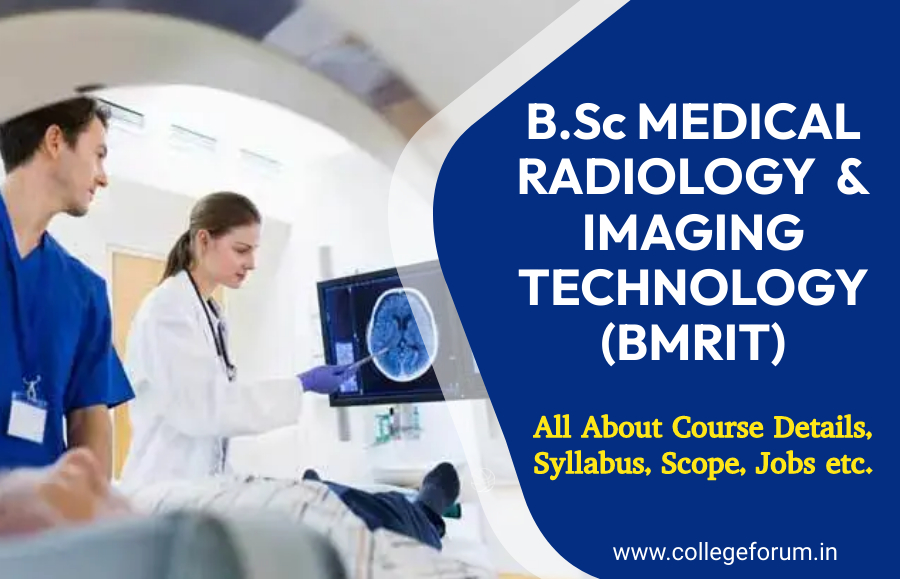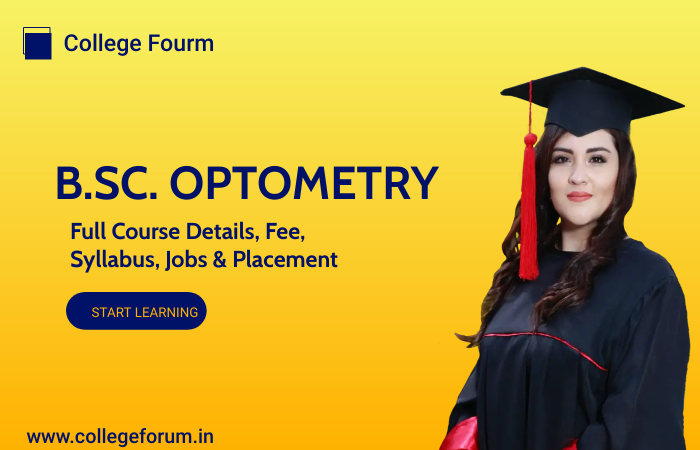Diploma In Optometry Course Details 2025: Jobs, Eligibility, Syllabus, Fee, Scope Everything You Need To Know
About Diploma In Optometry Diploma in Optometry is a Three Year diploma course for students after completing their Senior Secondary Examinations who wish to pursue their career in the Eye and Vision Care Sector. The Diploma in Optometry course incorporates eye and vision-related structures is designed in three Years of theoretical base classroom study and Training/ Practical based industrial training with complete knowledge, experience about the Human Eye and Vision care from Fundamentals to Professional Levels. Optometrists are fundamental clinical benefits providers for the Diagnosis, and treatment of Eye Diseases. The course allows you to learn about the various concepts of Human eye and vision care as well as the medical equipment are used in the day-to-day life of an Optometrist. Diploma In Optometry Eligibility Criteria As per Government Guidelines, the candidate must be Passed the Senior Secondary or 10+2 examination with 50% marks from a recognized board with Science stream. Diploma in Optometry Admission Procedure Diploma in Optometry Admissions is conducted by the various medical colleges and universities all over India through entrance examinations. For some colleges, the applicant has to qualify in the national or the state- level medical entrance examination. Admission is based on the performance of the candidate in the entrance exam and is followed by counseling. Diploma In Optometry Course Details Course Level Diploma Program Duration 3 years Objective The Diploma in Optometry course incorporates eye and vision-related structures, as well as vision, visual frameworks, and vision data handling in people. Exam Type Semester Eligibility 10+2 with Science Stream Average Fees 10000 INR to 1 lakhs INR per Annum Selection Procedure Entrance Exam Average Salary 3 Lakhs INR to 5 lakhs INR per Annum Top Recruiters Fortis Hospital, Metro Hospital, Shroff Eye Hospital, Indian Nursing Council, Public Health Centers, Eye Care Centers. Employment Sectors Independent clinics, Government Hospitals, Companies, Research Labs, Eyecare centers, etc. Syllabus Diploma In Optometry The Diploma in Optometry curriculum is planned to educate students on the different concepts of eye health, diseases, diagnosis, and treatment of Human eyes and vision. First-Year Diploma In Optometry Course Syllabus NO. SUBJECTS 1 General anatomy, Physiology, and Pathology 2 Biochemistry 3 Ocular Anatomy 4 Ophthalmic Optics 5 Physiological and Visual Optics 6 General and Ocular Microbiology Ocular Physiology 7 General and Ocular Microbiology 8 Fundamentals of Contact Lens 9 General Optics 10 Introduction to Academic Writing Second-Year Diploma In Optometry Course Syllabus NO. Subjects 1 Clinical Optometry – General Examination 1 2 Ocular Pharmacology 3 Clinical Optometry Instrumentation 4 Clinical Optometry – General Examination 2 5 Ocular Pathology 6 Contact Lens Fitting 7 Ass. and Mang. of Binocular Vision 8 Clinical Methodology and Statistics 9 Contact Lens Care and Complications Third Year Diploma In Optometry Course Syllabus NO. SUBJECTS 1 Business Management for Optometry Practice 2 Ophthalmic Dispensing 3 Clinical Practical 1 4 Contact Lens Clinical Practical 1 5 Clinical Practical 2 6 Contact Lens Clinical Practical 2 7 Community Health Optometry 8 Basic Psychology and Communication 9 Research Project Diploma In Optometry Scope A diploma in Optometry gives students various opportunities to work in the Eye and Vision care industry. The students can get advanced education in the Optometry sector and those who are willing to work after the diploma can apply in several positions like Optometry technician, Optometry Professor, Lab technician, and many more. This degree course also empowers the students to go and lay out an autonomous practice by beginning their own Eye Care center, lens manufacturing, optical showrooms. Here are some Job positions Diploma In Optometry Graduates can apply for. Optometry Technician Lab Technician Optometry Researcher Optometrist Assistant Lens Consultant Diploma In Optometry Jobs & Placement and Salary There are numerous job opportunities in the eye and vision care industry to work after Diploma in Optometry. The amount of informative data that students can gain during their course enables them to become employable in various work positions. Students can do advanced courses to extra upscale themselves and become more employable in the industry and elevate the industry. And lastly here are some of the job positions and their average annual salary Job Profile Approx. Salary Optometry Technician Approx. 3 Lakhs per Annum Lab Technician Approx. 2.5 Lakhs per Annum Optometry Researcher Approx. 4 Lakhs per Annum Optometrist Assistant Approx. 2.3 Lakhs per Annum Lens Consultant Approx. 2.3 to 3.5 Lakhs per Annum


